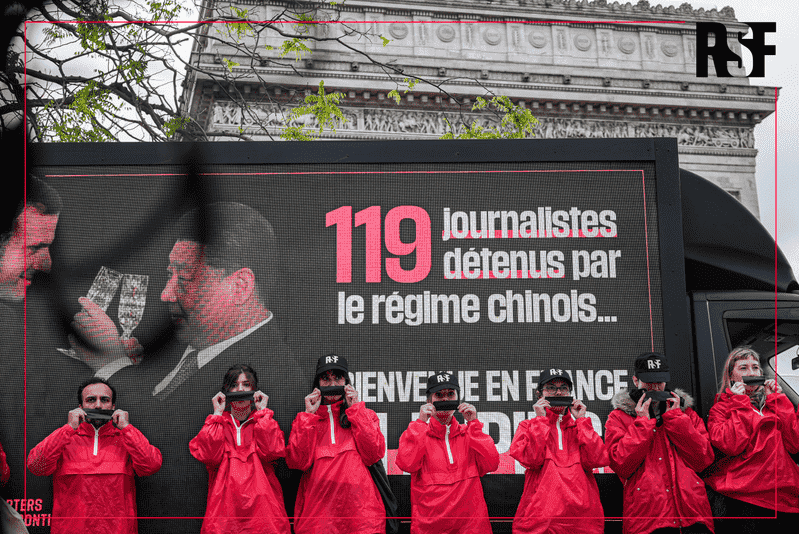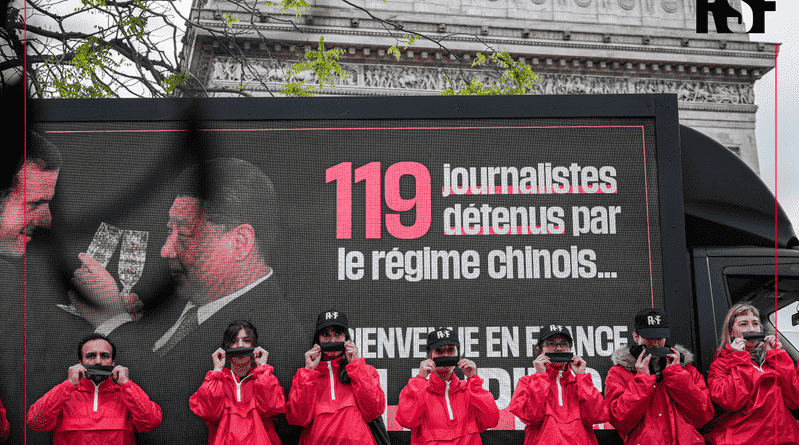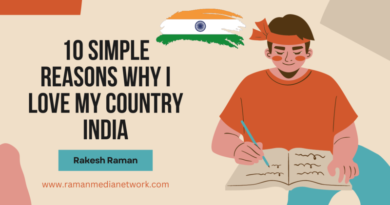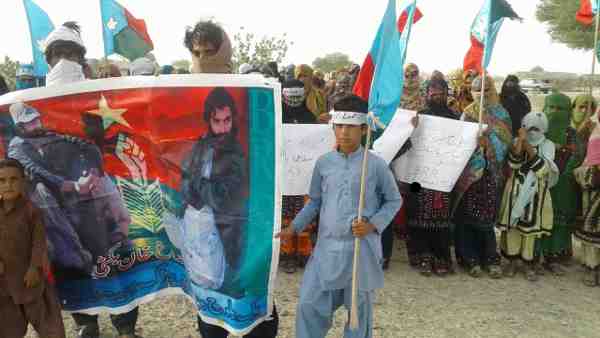RSF Protests the Visit of Chinese Leader Xi Jinping in France

RSF Protests the Visit of Chinese Leader Xi Jinping in France
The People’s Republic of China (PRC) is currently the world’s biggest jailer of journalists, with at least 119 people detained.
While French President Emmanuel Macron is welcoming the leader of the People’s Republic of China, Xi Jinping, today (6 May), more than 100 journalists are imprisoned by the Chinese regime, considered to be one of the world’s most repressive regimes for journalism.
Press freedom organization Reporters Without Borders (RSF) expressed its concern during a special operation in the streets of Paris: press freedom cannot be disregarded during this state visit.
While Beijing considers press freedom defenders to be enemies of the state, the Élysée, official residence of the French President, is rolling out the red carpet for the main predator of journalism in China, RSF said.
On Monday 6 May, Xi Jinping’s first day of official visit, during which he will meet with President Emmanuel Macron, RSF expressed its concern by driving around the French capital, Paris, with a truck displaying the names of journalists detained in Chinese prisons.
The People’s Republic of China (PRC) is currently the world’s biggest jailer of journalists, with at least 119 people detained, including 10 in Hong Kong, and its regime is conducting a campaign of repression against journalism, and the right to information. A democracy like France should not welcome a representative of such a draconian regime without addressing press and journalistic freedoms, RSF said in a statement.
“The way France is welcoming Chinese leader Xi Jinping contrasts with RSF’s own experience: whilst the Chinese leader is being celebrated as a state guest of honour, one of our staff members was expelled from Hong Kong on 10 April, on her way to monitor the trial of Jimmy Lai, the founder of the independent media Apple Daily, who is being held alongside more than 100 fellow journalists, for simply doing his job. RSF calls on the French government to seize this opportunity and to put pressure on Xi Jinping’s regime and obtain, during this official visit, commitments and guarantees that Beijing will cease its campaign of censorship and repression against journalists,” said Thibaut Bruttin, RSF Assistant Director General.
The police quickly intervened to stop RSF’s operation in Paris and ordered the truck driver to turn off the screen displaying the names of the detained Chinese journalists. The police officers also went to the truck company’s headquarters to look for the vehicle, in a move that could be seen as an intimidation attempt.
President Xi Jinping, in power since 2012, has restored a media culture worthy of the Maoist era, in which freely accessing information has become a crime and to provide information an even greater crime, as revealed by RSF report The Great Leap Backwards of Journalism in China, which details Beijing’s strategy to control access to information within and beyond its borders.
Its sophisticated internet censorship system, the “Great Firewall”, keeps China’s one billion Internet users further away from the world while an army of censors scrutinizes private messaging, looking for alleged subversive content.
Chinese media outlets and Internet companies, whether public or private, are obligated to follow the Chinese Communist Party’s instructions concerning topics deemed sensitive, including Tibet, corruption, social unrest, dissidents, etc. The Propaganda Department of the Chinese Community Party sends the media a daily list of topics to be highlighted and another list of topics they must not cover under threat of penalty.
Since 2016, in the name of the fight against terrorism, the Beijing regime has been conducting a violent repression campaign against the Turkic-speaking Muslim population, mainly ethnic Uyghurs, in the northwestern Xinjiang Autonomous Region, which goes with an unprecedented media blockade.
Twenty-six years after Hong Kong’s handover to China, press freedom is in an unprecedented decline in the territory. Since the adoption of the National Security Law by the Chinese regime in June 2020, the Hong Kong government has been leading an unprecedented campaign against the right to information, resulting in the prosecution of at least 28 journalists and press freedom defenders, 10 of whom are currently detained, including the publisher Jimmy Lai, who faces the rest of his life behind bars on spurious national security charges, in what has proven to be a sham trial orchestrated by Beijing.
On 10 April, according to RSF, its representative Aleksandra Bielakowska was detained, searched, and questioned for six hours at Hong Kong’s international airport before being deported from the territory.
This attempt to prevent an RSF representative from entering Hong Kong – a first in the organization’s history – was strongly opposed by the European Parliament, which adopted a resolution denouncing Hong Kong authorities’ “obstructions to trial monitoring”, no less than two weeks after this regrettable incident.
Hong Kong ranks 135th out of 180 in RSF’s 2024 World Press Freedom Index, having plummeted from 18th place in two decades. China itself ranks 172th out of 180 countries and territories evaluated.
Courtesy: RSF






